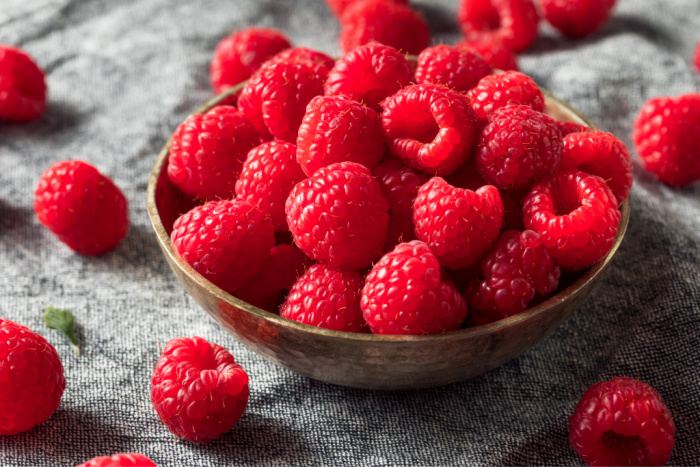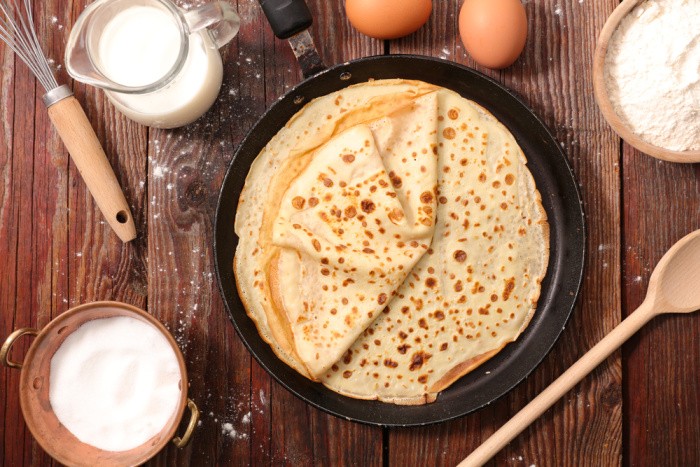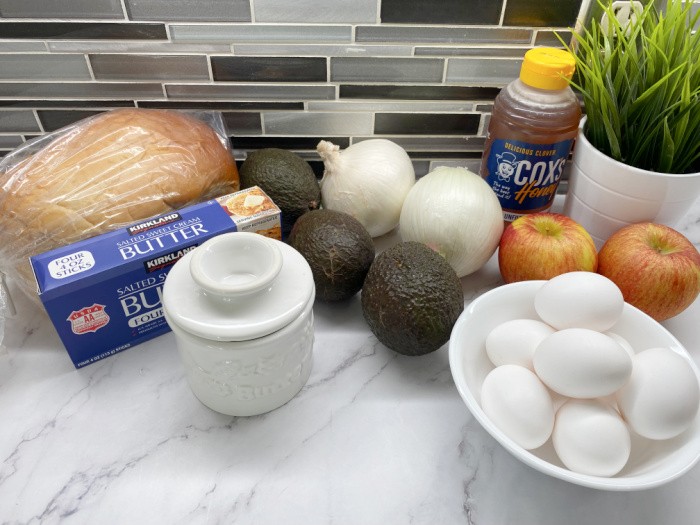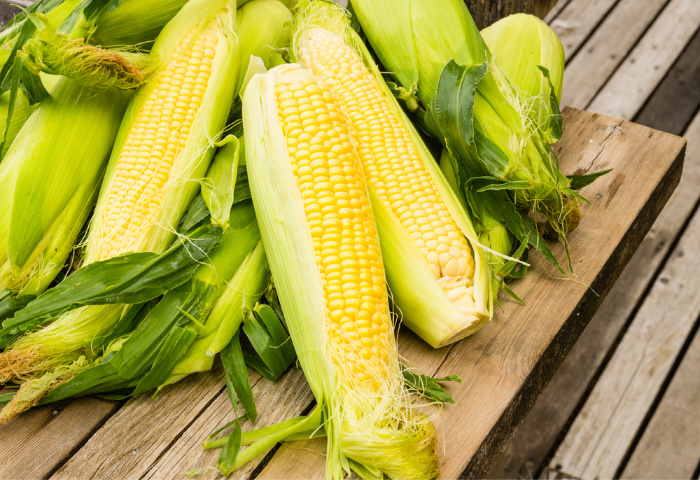Raspberries: Everything You Need to Know
Not too many things in life beat the sweet tartness of a warm raspberry pie after dinner during a midsummer evening. If you’ve ever had the opportunity to spread homemade raspberry jam on a slice of toasted sourdough bread in the morning, you know breakfast doesn’t get much sweeter. Raspberries: everything you need to know.
In case you missed this post, How To Dehydrate Raspberries and Make Powder Too or How To Make Freezer Jam
Raspberries: Everything You Need to Know
Raspberries can also be enjoyed right out of the container you bought from the grocery store, and they’re a much healthier alternative than your favorite snack cakes, I can assure you.
Raspberries are not only delicious, they are nutritious as well. In just one small berry, they contain a long list of vitamins, minerals, and antioxidants that are working in your favor. Here’s more on raspberries and everything else you need to know about them.
Fun Facts About Raspberries
Raspberries contain many small beads around their core called druplets, where each one is considered to be an individual fruit. Each druplet contains one seed, so your typical raspberry has around 100 seeds. Wow!
Raspberries have been eaten and enjoyed since prehistoric times, but supposedly they didn’t begin to be cultivated until around the 13th century in Europe.
According to Roman legend, raspberries weren’t always red. While caring for the crying infant Jupiter, the nymph named Ida accidentally pricked her finger while picking raspberries, forever changing them from their original white color.
The botanical name for raspberry is Rubus idaeus. Rubus means “red,” while idaeus means “belonging to Ida.” See the pieces coming together?
Once raspberries have been picked, they don’t continue to ripen like most other fruits tend to do. They are considered non-climacteric fruit and produce very little ethylene gas, so they don’t ripen once you’ve picked them. So don’t pick them until they’re ready.
Basic Info on Raspberries
Raspberries (rubus idaeus) may look similar to a blackberry, but they are slightly different, besides just their flavor and color. Raspberries have a hollow core, while blackberries do not. They’re considered to be an aggregate fruit, meaning that they have seeds from different ovaries of the same flower. The different types of raspberries are broken down into different categories based on their different colors: red, black, yellow, and purple.
Nutrition Facts
Raspberries are extremely nutritious, to say the least, with several vitamins, minerals, and antioxidants, all of which provide you with important health benefits that I’ll get to in a minute. Some of the nutrients that you’ll find are vitamin C, K, fiber, folate, calcium, magnesium, potassium, phosphorus, and several others.
After eating just one cup of raspberries, you will have already consumed ⅓ of the recommended daily value for many of these nutrients.
Several of the key antioxidants that are present in raspberries include vitamins C and E, beta carotene, lutein, zeaxanthin, lycopene, and selenium.
Health Benefits of Raspberries
Improves Digestion
The water and fiber content in raspberries can improve your digestion by keeping you from becoming constipated, along with keeping a healthy digestive tract. This provides you with regularity so that your bowel movements are able to remove toxins more efficiently.
Promotes Heart Health
By adding more potassium (like raspberries) to our diets, and decreasing the amount of sodium that we intake, can provide the proper adjustments that our bodies need to lower high blood pressure. Fiber also is important for good heart health and helps to prevent high cholesterol levels, obesity, heart disease, and strokes.
Healthier Brain
Raspberries can actually fight against oxidative stress, one of the leading factors of Alzheimer’s and Parkinson’s disease. Eating a diet that contains a rich amount of antioxidants has shown to improve our brain and neurological systems. Vitamins C and E that can be found in raspberries can provide clarity in thinking, as well as improving our memory the older we get. Our coordination and mood can be improved as well.
Raspberries also contain flavonoids. One of those groups of flavonoids is called anthocyanins. Anthocyanins are responsible for helping reduce the risk of inflammation, which is also partially responsible for heart disease.
Lowers the Risk of Type 2 Diabetes
As mentioned, the antioxidants in raspberries are known to help with inflammation. They, along with fiber, help to lower your risk of type 2 diabetes and improve the symptoms for those that already have the condition. People with type 2 diabetes need to keep in mind that raspberries do contain natural sugars, so they do need to watch their intake.
May Protect Against Certain Types of Cancer
Studies have shown that raspberry extract can protect our bodies against certain types of cancer, especially colon, stomach, lung, gastric, esophageal, and breast cancer. Researchers found that they were capable of killing up to 90% of the cancer cells during their testing, special thanks to the antioxidants in raspberries. The ellagic acid in raspberries may also play a role in preventing cancer.
Storing Raspberries
Raspberries do well when they’re kept cold, so you can leave them in their original container, or into a breathable container in the deepest part of your fridge. They’ll last for just about 5 days, so don’t forget about them. Freezing your raspberries will get you a year out of them. Just be sure to wash raspberries right before you enjoy them.
Ways to Add Raspberries to Your Meals
Of course, you can always enjoy the deliciousness of raspberries on their own, but if you’re looking for a few other ideas to encourage your family to eat them more often, I’ve got you covered. Raspberries go wonderfully with oatmeal, topped on a salad, a fruit smoothie, thrown in with your yogurt, inside of a pie, or homemade bread. Here are 40 fresh raspberry recipes to give you even more inspiration.
Final Word
Isn’t it always nice when you find something that tastes good, but it’s also good for your health at the same time? It doesn’t happen very often, but raspberries have so many vitamins, minerals, and antioxidants that are working overtime to help keep you healthier.
Raspberries are also relatively low in sugar, making them a great sweet snack alternative that you don’t have to feel guilty about. In what ways do you cook or bake with raspberries that your family loves? I’d love to hear from you. What do you think about raspberries: everything you need to know? Please keep prepping, we must! May God bless this world, Linda
Copyright Images: Raspberries AdobeStock_258390154 by Brent Hofacker






















Hi Linda,
Great post.
Raspberries aren’t only great for their fruit. The leaves can be used medicinally as well to treat a wide variety of conditions, including arthritis, gout, tonsillitis, sunburn, varicose veins, and PMS.
https://prepschooldaily.blogspot.com/2019/01/herbal-medicine-red-raspberry-leaf.html
Have a great day!
Hi Jennifer, awesome, thanks for adding your link!! Linda
And raspberries come in so many varieties… My own favorite is black raspberries (already long gone). I also have some reds… And very peculiarly, I had some pop up this year that I thought at first were wild red raspberries that were just sour, but when I didn’t pick more (they were right where I went by several times a day) they turned a dark plum color and were delicious! Can’t wait to see if they come back next year.
I didn’t get to it this year, but the juice can be frozen or canned (with or without added sugar). It’s great added to seltzer, or made into popsicles.
And Jennifer, I’ve collected and dried raspberry leaves to feed to my mare when she was in her last few months of pregnancy. I have to say her births were quick and easy–even her last, when she was 22!